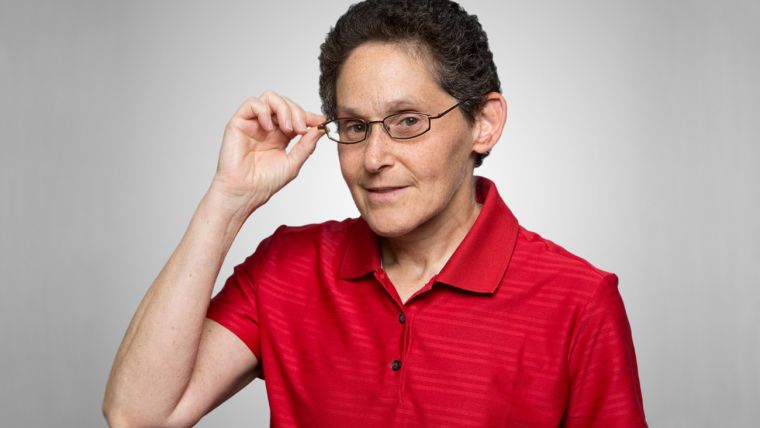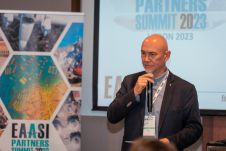Finding your Geospatial Learning Community
MOOCs are in the news on this side of the ocean. GiSPro first highlighted these online learning communities in the August 2016 issue and Oxford University recently announced a MOOC in Economics. In her regular column, Adena Schutzberg examines how they work and suggests some sources for those keen to update their skills.
I received an email a few weeks ago from a potential Esri Massive Open Online Course (MOOC) student. He wanted to know why he had to wait until the start date to begin the course. “Why,” he asked, “can’t we start whenever we want?”
It’s a great question and I thought a bit before answering. My basic answer was that we were trying to create a learning community. A MOOC I took on educational technology introduced me to the idea that a learning community has:
- diverse members
- shared goals
- regular meetings
- knowledge sharing
Our MOOCs create a time and place for all those things to happen. The time is a four to six week period and the place is an online learning management system. While students can simply plough through the material without interacting with anyone else, I’d argue more is learned and it’s more fun to learn with others. By opening up new lessons once a week, we encourage students to help each other and learn together as they tackle the same material at the same time.
Unconference Sessions as Learning Communities
I’m involved with another learning community at Esri. I volunteered (or was volunteered, I don’t really recall) to lead the “Self-organised Sessions” at the Esri Education GIS Conference. “Self-organised Sessions” are a few hours for attendees, rather than the conference hosts, to decide on topics and to explore them. It’s another way we enable a learning community. I found this great quote on Twitter from an attendee about this sort of session: “There is no expert in the room. The expert is the room.”
Are you in a geospatial learning community? Should you be?
How often do you put yourself into a learning community related to your work in geospatial technology? Have you taken a course? Have you participated in an event that offers peer learning rather than individuals (experts) dropping pearls of wisdom in front of PowerPoint slides? If not, there are a number of existing communities to explore.
Maptime – “Our mission is to open the doors of cartographic possibility to anyone interested by creating a time and space for collaborative learning, exploration, and map creation using mapping tools and technologies.” There are chapters all over the world or you can start your own.
Avid Geo – This is my local geospatial group lead by one fellow at a Boston GIS company. The group has formal and informal gatherings and got behind the bid to bring FOSS4G to Boston.
Reddit – This is a great online learning community. The tricky part here is that the participants need to manage the “regular meetings” part. I drop by a few times a week and nearly always learn something. I contribute, but not that often. University of Cincinnati GIS Learning Community – “The goal of the community is to create a user-driven forum for novice and expert practitioners alike to come together and discuss tools, resources and solutions to questions, as well as to explore new projects that develop as researchers consider the spatial aspects of their data.”
GIS Gang – This is a very special learning community headed by a sixth-grade teacher at a private middle school in Michigan. After some professional development to learn about GIS, the teacher invited students to join her, before school, to learn about maps and mapping. There were ups and downs and some chaos, but also lots of learning.
What Makes a Learning Community Thrive?
I’ve watched many geospatial learning communities (both online and face to face) come and go. What do those that survive have in common? I’d offer these best practices:
- Energetic leaders who pass the torch – the founders of MapTime stepped down when they felt burnt out.
- Core of active participants – the leader(s) depend on others to keep the group active. At Reddit, devoted volunteer community moderators keep the peace and clear out spam.
- Focus on the topic – Learning communities that get too broad can’t retain shared goals.
- Distance from commercial interests – Learning communities should be fundamentally about learning, not selling.
This article was published in GIS Professional December 2016

Value staying current with geomatics?
Stay on the map with our expertly curated newsletters.
We provide educational insights, industry updates, and inspiring stories to help you learn, grow, and reach your full potential in your field. Don't miss out - subscribe today and ensure you're always informed, educated, and inspired.
Choose your newsletter(s)
























